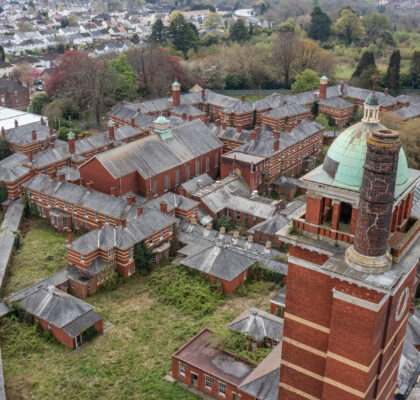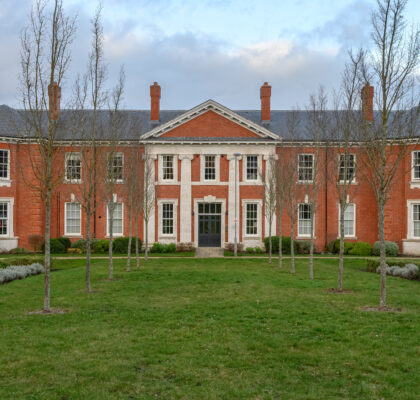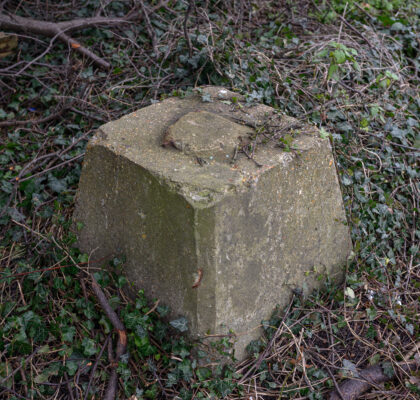



Seventeen miles west of Cardiff is the small village of St Athan’s, where this derelict village remains off of an unassuming country road. The idea for building a holiday camp first arose in 1923 when two philanthropists, co-founders of the Boys’ Clubs of Wales, visited a similar site in New Romney, Kent.
The Boys’ Club was founded after the First World War by Captain Glynn-Jones and David Davis, who served together in the Royal Welsh Fusiliers. It was their intention to improve the lives of the boys who worked across Wales’ coal mines and a team of youth workers worked across several sites in Wales to do so. This pioneering scheme was the only sort across the UK, in a time of financial hardship following World War One.
Initially around £6000 was raised to launch the scheme which would provide accommodation, ammenities and a dining room for 100 boys, aged 12 to 18. When the camp opened in 1925 it was found that more services were needed to make it a success and therefore a water supply and sanitary block was added with a further grant of £3,500. In 1926 it became known as the Boy’s Village.
Staying at the site was free and the boys would have access to a gym, swimming pool, workshops, a restaurant and a church and would be just a walk away from the beach.
The camp was taken over by the military in 1940 and was used alongside MOD St Athan, formerly an RAF base. A memorial at the site is dedicated to the men who died during both World Wars.


In the 1960’s the site became a youth hostel however due to the steady decline in coal mining and the growth in holidays abroad, the site was eventually closed in 1990 and has since been subject to arson and vandalism, which led to some of the buildings being demolished in 2008. The site has been up for sale several times without much interest. Fortunately a campaign by local residents to get the war memorial listed was successful and is now Grade II listed, the only part of the site to be protected.
Church & Cenotaph













Sports Hall & Swimming Pool








Kitchen & Dining Room







Accommodation & Caretakers Home














Sources: Wikipedia, Wales Youth Work and Wales Online



